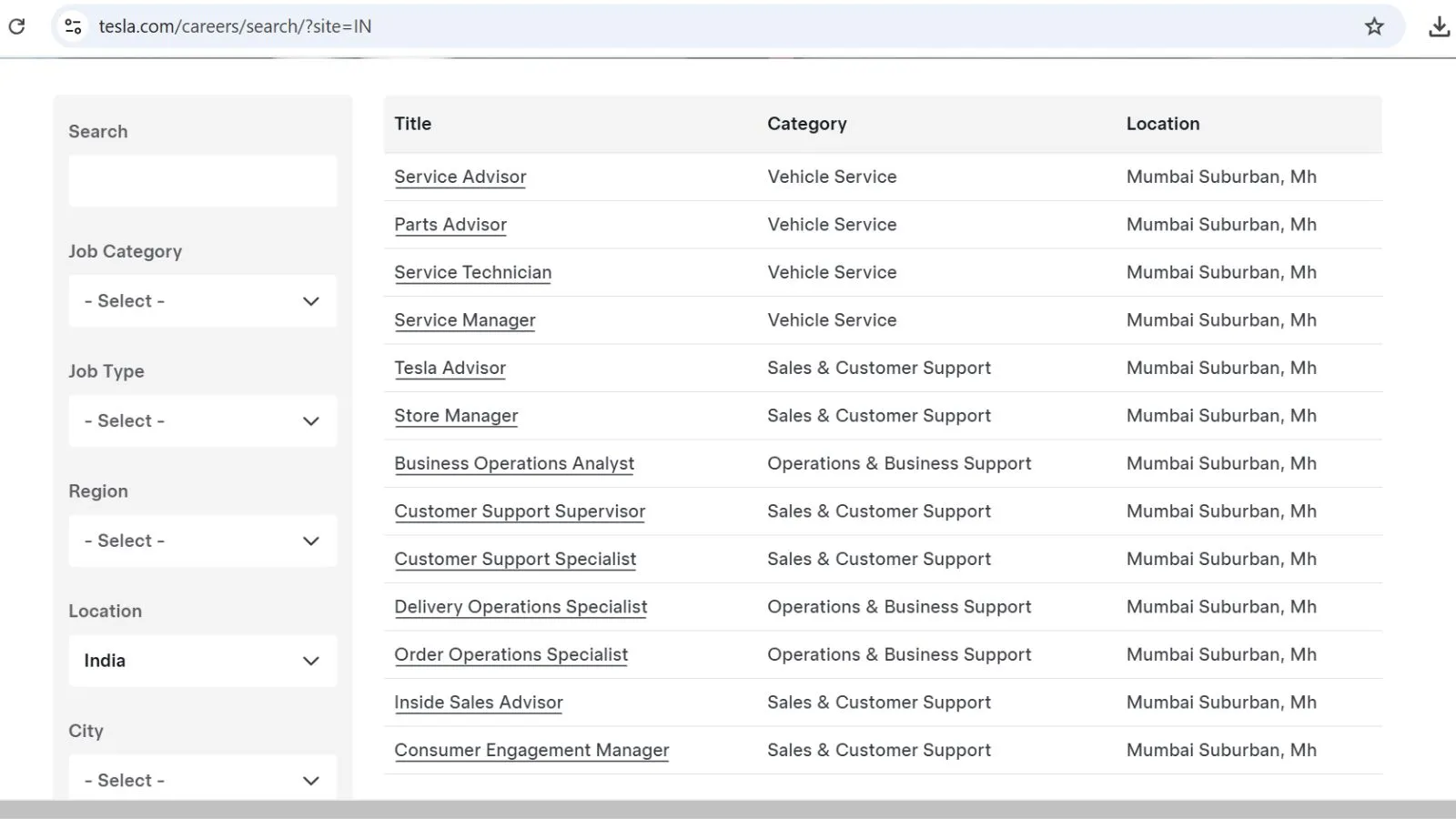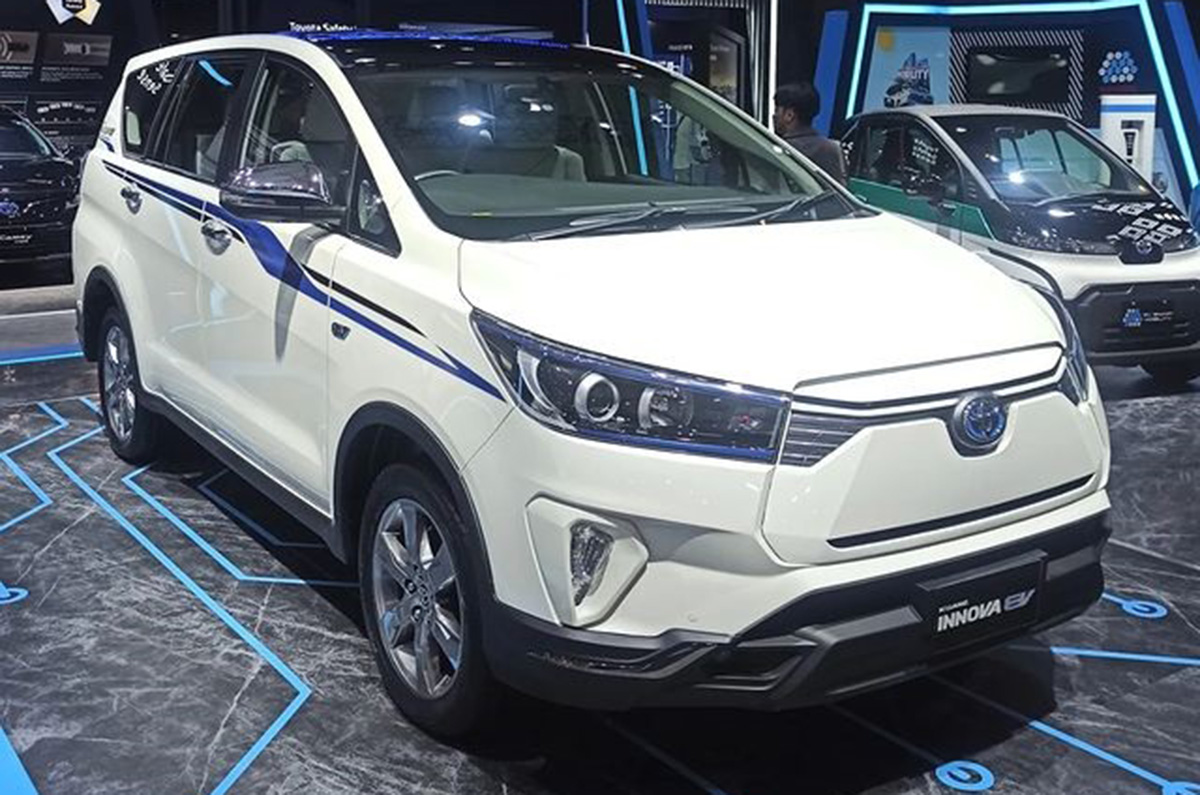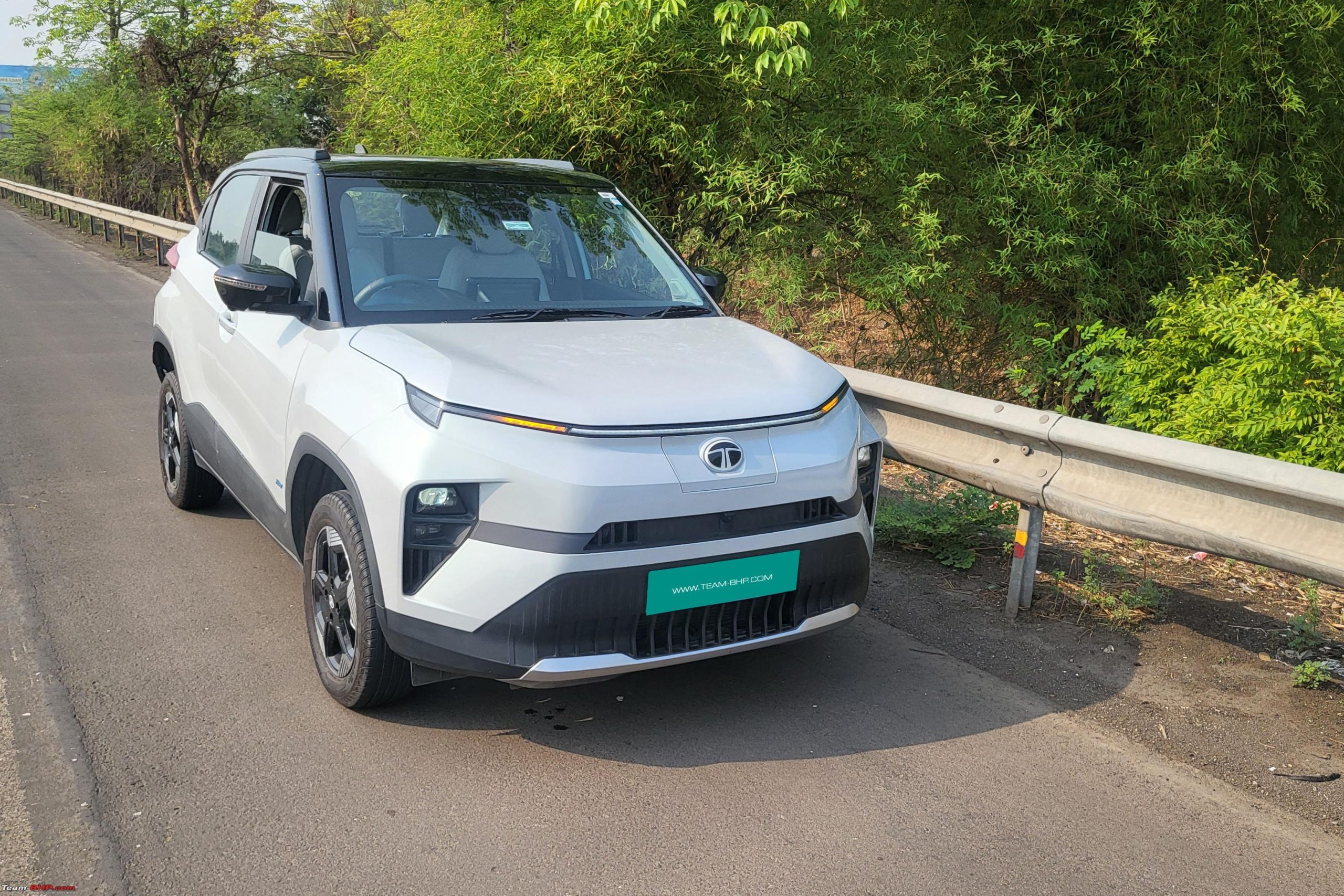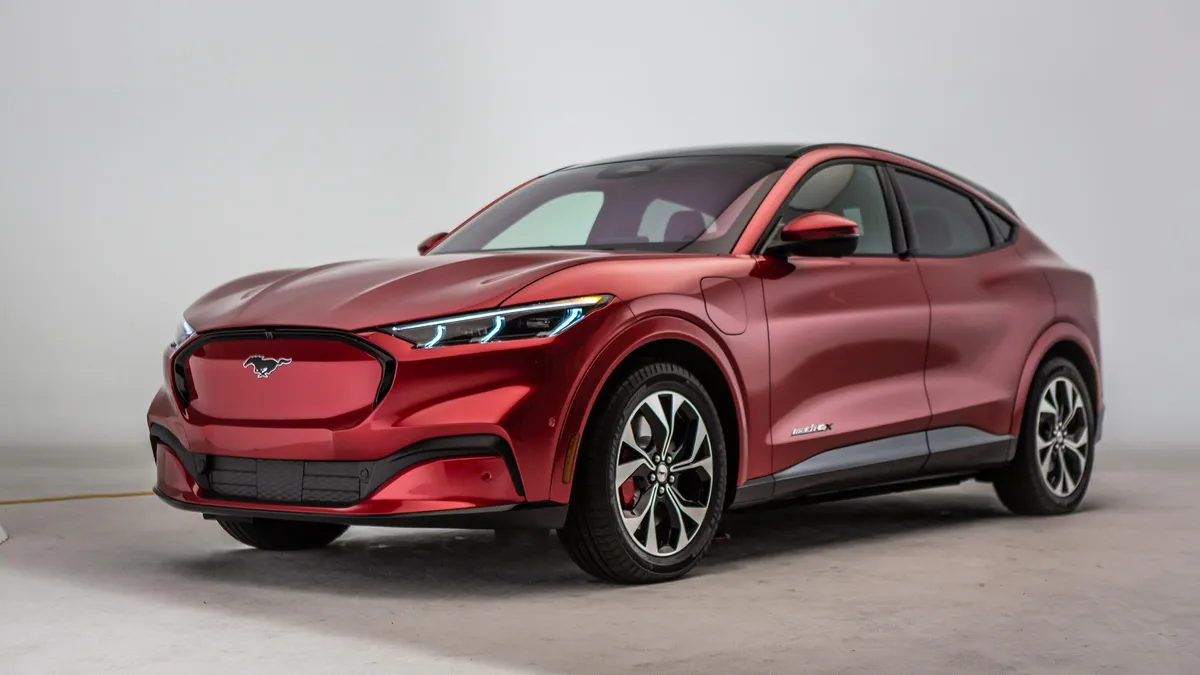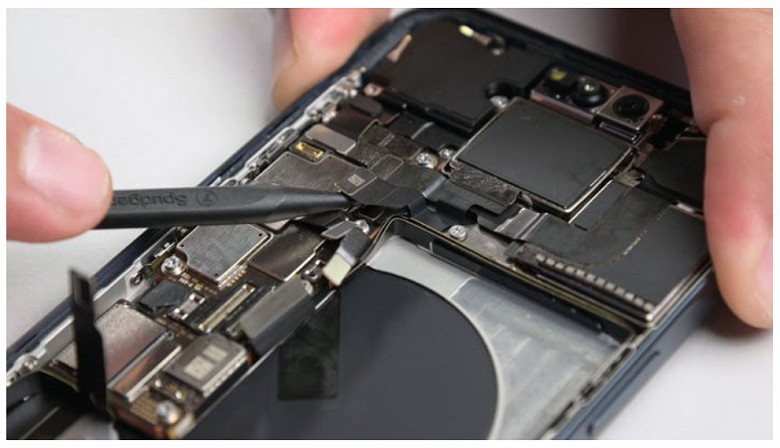Research conducted by IIHS
Self-driving cars touted by their developers as a way to eliminate traffic accidents are likely to prevent only a third of all accidents in the United States. Such an assessment is given in a report on a study conducted by the Insurance Institute for Highway Safety (IIHS), funded by US insurers. The authors of the study concluded that the remaining two-thirds of accidents are caused by errors that self-driving systems can handle no better than people do.

In the US, they calculated how many accidents can prevent autonomous cars
Last year, more than 36,000 people died in car accidents in the United States. Traffic experts say that approximately nine out of ten accidents result from human error.
Companies developing cars with self-driving systems have repeatedly positioned fully automated traffic as a tool to radically reduce road deaths by eliminating the human factor.
The IIHS study provides a more detailed picture of driver errors, showing that not all errors can be eliminated from sensors and computers. Researchers analyzed more than 5,000 representative accidents across the country and identified driver-related factors contributing to the accident. It turned out that only a third of all accidents were the result of only perception errors or driver actions. Most crashes were the result of more complex errors, including incorrect assumptions about the actions of other road users or incorrect maneuvers. In many accidents, the effect of several errors was summarized.
